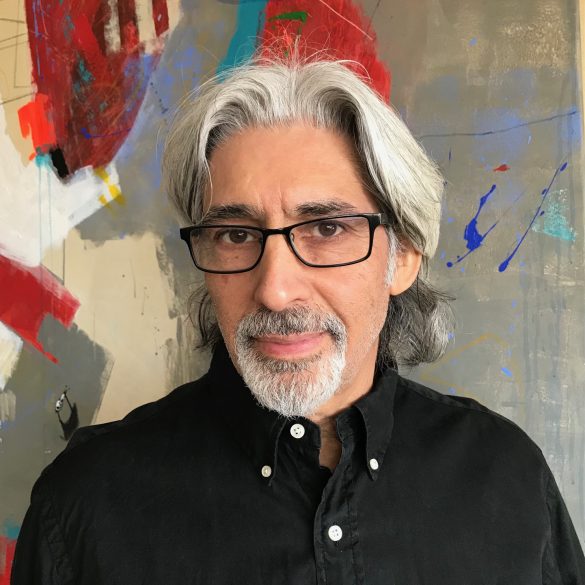


En el presente documento se encuentra el análisis de las progresiones del virus Covid-19 por…

Human pathogens, such as bacteria, use multiple strategies to adhere to a host cell. Both…

The efficient control of mine operation is highly dependent on rock movement and stress propagation…
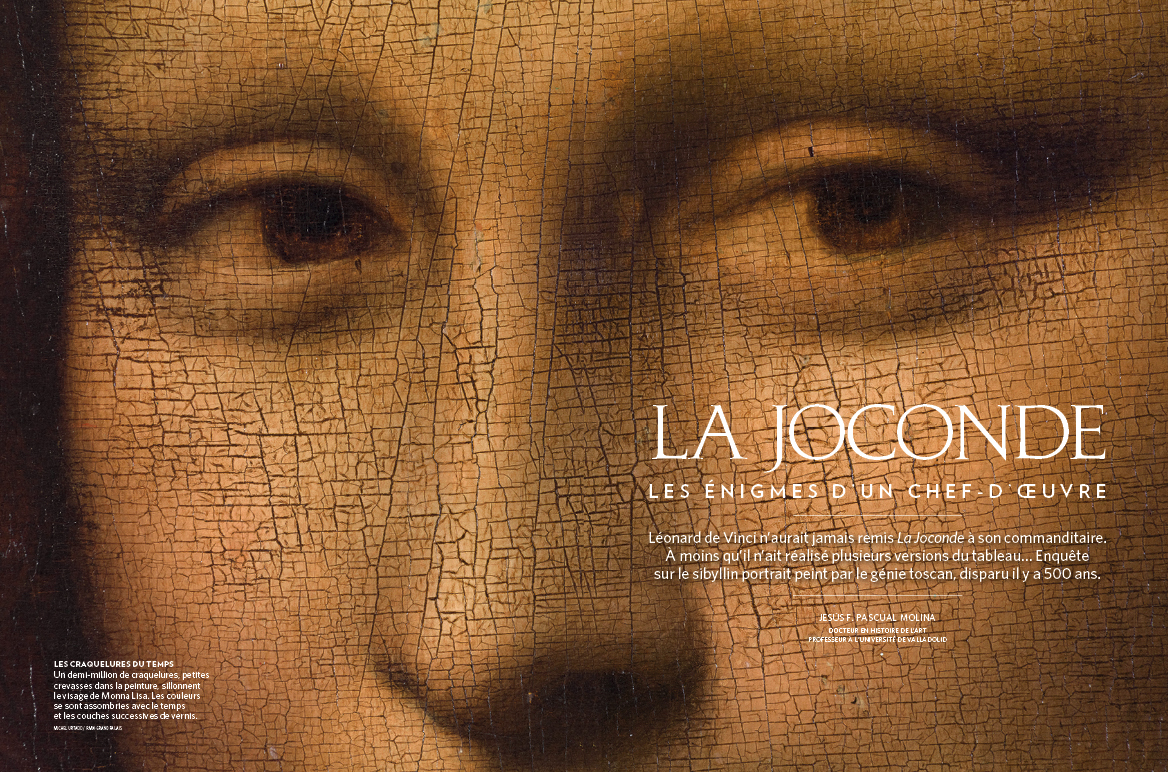
El desempeño de recubrimientos protectores depende en general fuertemente de la adhesión al sustrato, su…
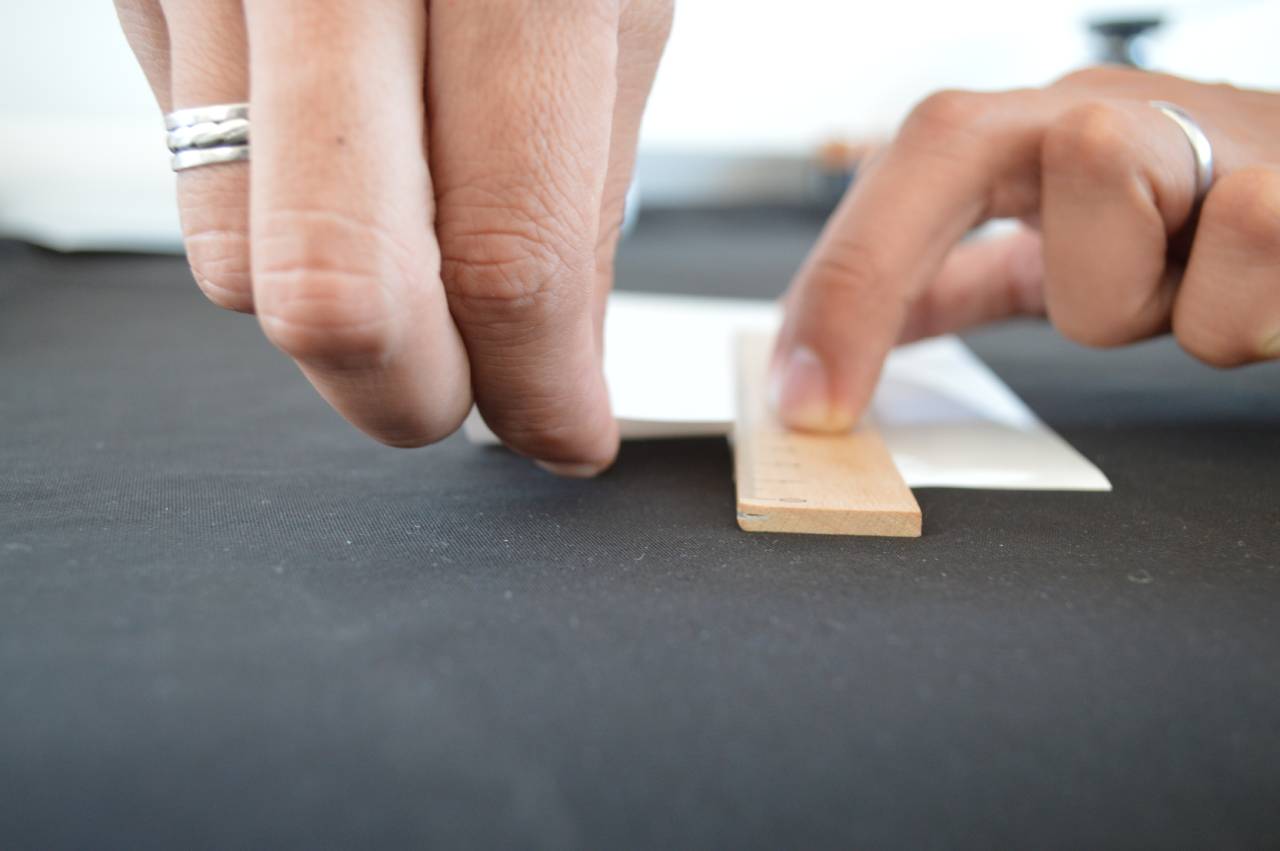
The physical rules of tearing a packaging or a piece of paper are not completely…
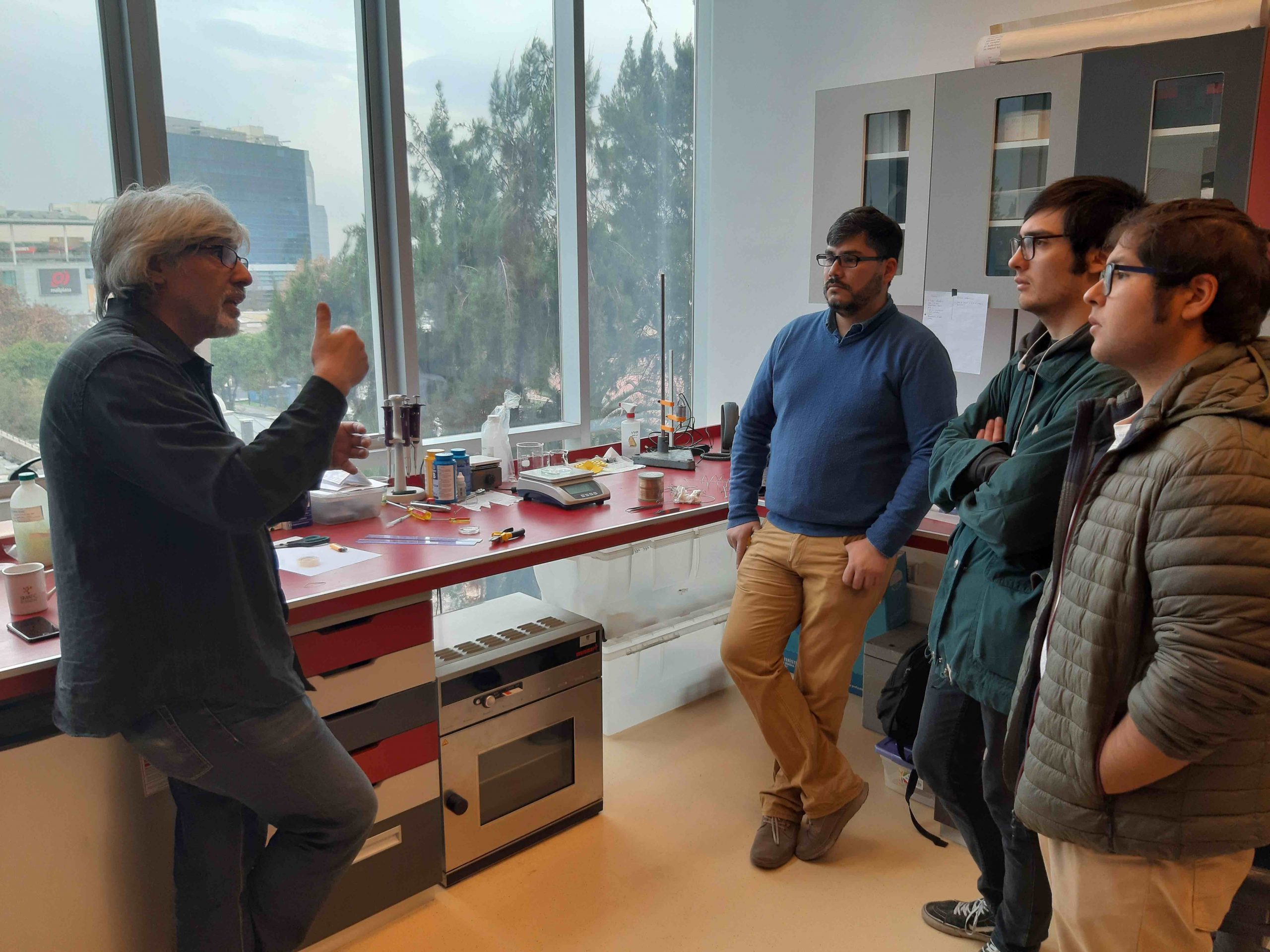
Contribuyendo al desarrollo de habilidades del sXXI. Con el fin de mantener un contacto estrecho…

For try to describe the behavior of progress of the Coronavirus in Chile we based…
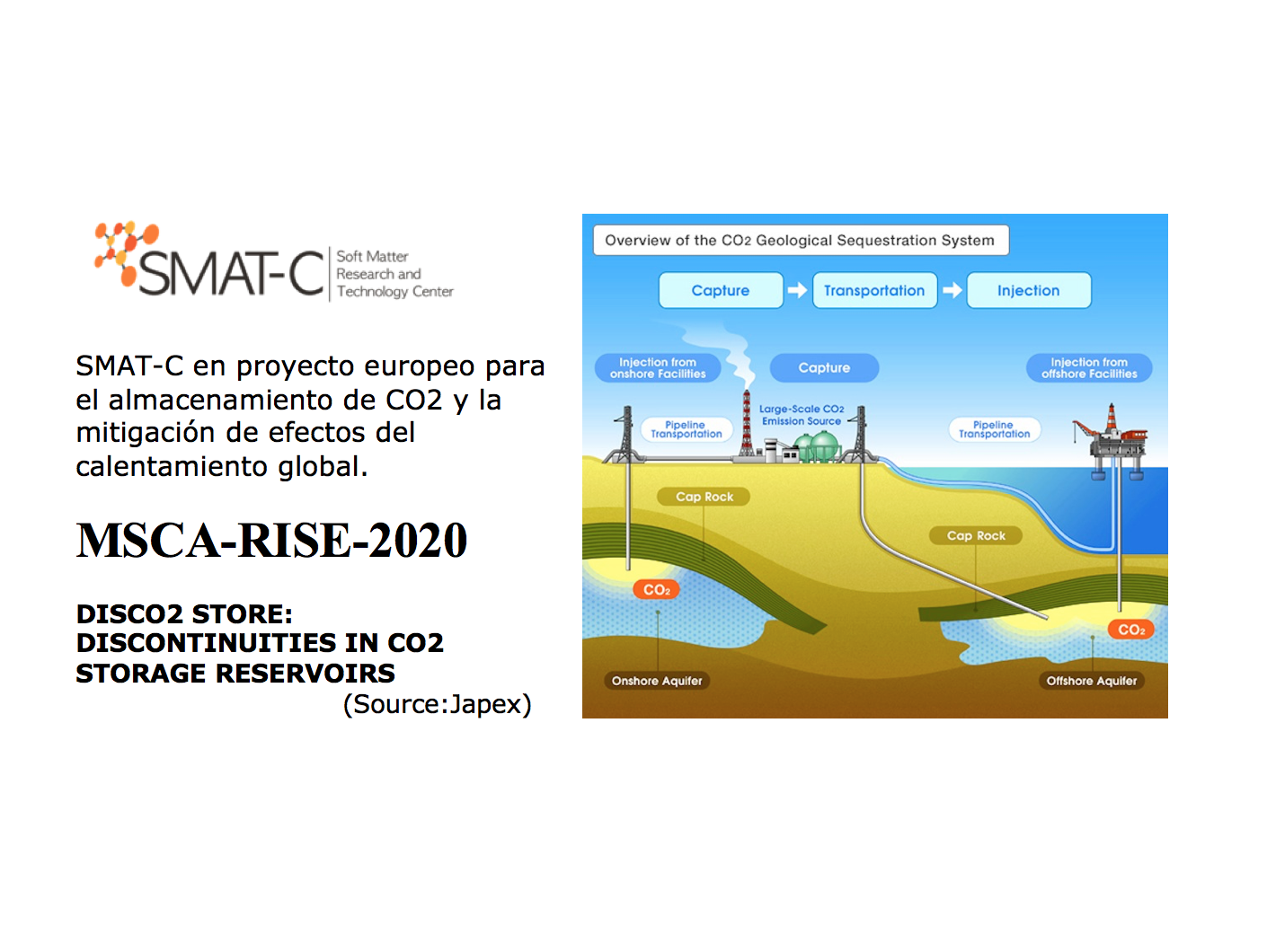
The current scientific consensus indicates that it is vital to reach zero carbon dioxide (CO2)…
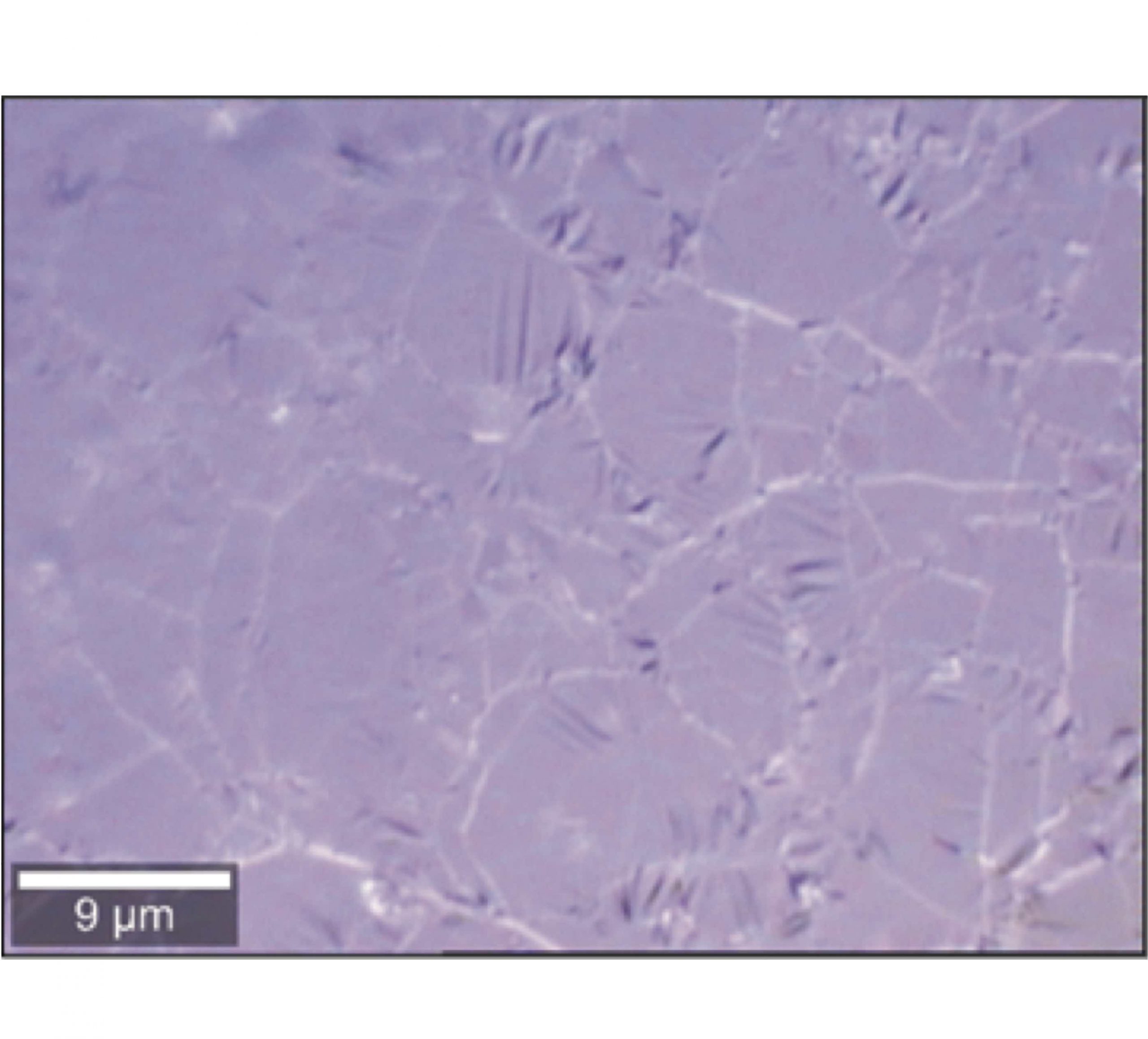
How the thinnest known material wrinkles: https://journals.aps.org/prmaterials/abstract/10.1103/PhysRevMaterials.4.066004
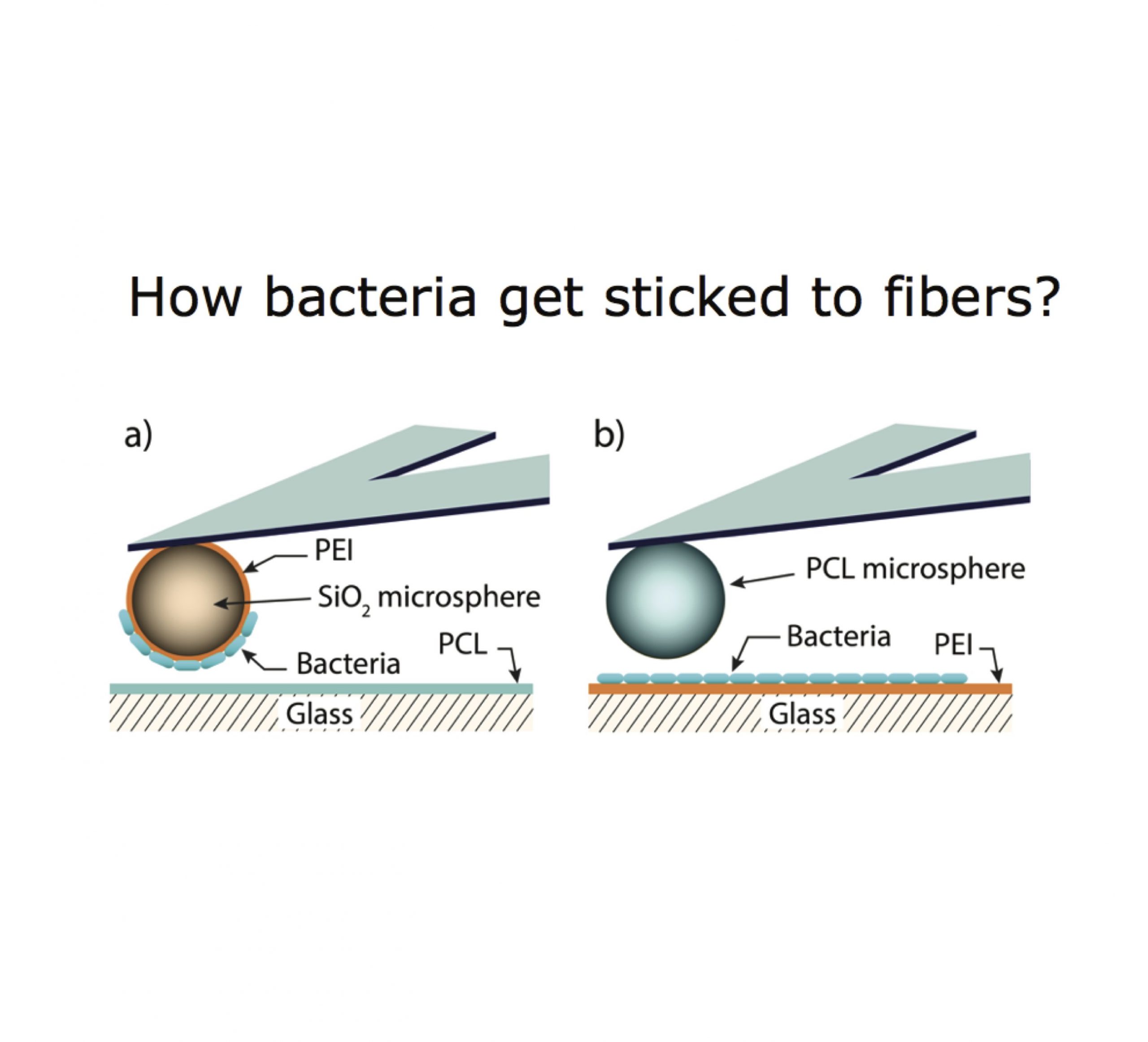
To know more: https://pubs.acs.org/doi/abs/10.1021/acsami.9b21060
Dr. Francisco Melo is a Physics Professor at Universidad de Santiago de Chile. His main research areas are Nonlinear Physics and Soft Materials. He developed pioneering experiments on the collective behavior of particulate systems and has made contributions to the understanding of crumpling folding and fracture of diverse materials, including thin films, foams and cohesive granular materials. In the latest years, he has been involved in the study of the mechanical properties of biomolecules and lipid membranes as well as biomaterials growth by means of atomic force techniques (AFM). He has also undertaken single molecules experiments using magnetic tweezes and micro-cantilevers as force sensors. Presently, he studies how the action of forces in the range of pN correlates to specific molecular bonds disruption or conformational changes in macromolecules (DNA and proteins) through the combination of force spectroscopy with spectral methods, including fluorescence and enhanced Raman spectroscopy. He has authored more than 130 articles, published in the main journals of his field.
Dr. Melo was awarded with the “Presidential Chair” granted by the President of the Republic of Chile and the "Best Academic Award" of Universidad de Santiago.
He has been Invited Professor at several European Institutions, including Ecole Normale Supérieure de Lyon, Ecole de Supérieure de Physique et Chimie Industrielle de Paris and Université de Montpellier, France.
Academic
- Post-Doctoral Fellow at CNLD, Department of Physics, UT Austin, USA, 1992-1993.
- Diplôme de Doctorat, École Normale Supérieure de Lyon, U. Claude Bernard Lyon 1, France, 1991.
- D.E.A: Advanced Studies in Material Science and Surfaces, U. Claude Bernard Lyon 1, France, 1988.
- Master in Physics, Condensed Matter, University of Santiago, Chile, 1986.
Bibliometry: Scholar Google
My CV
